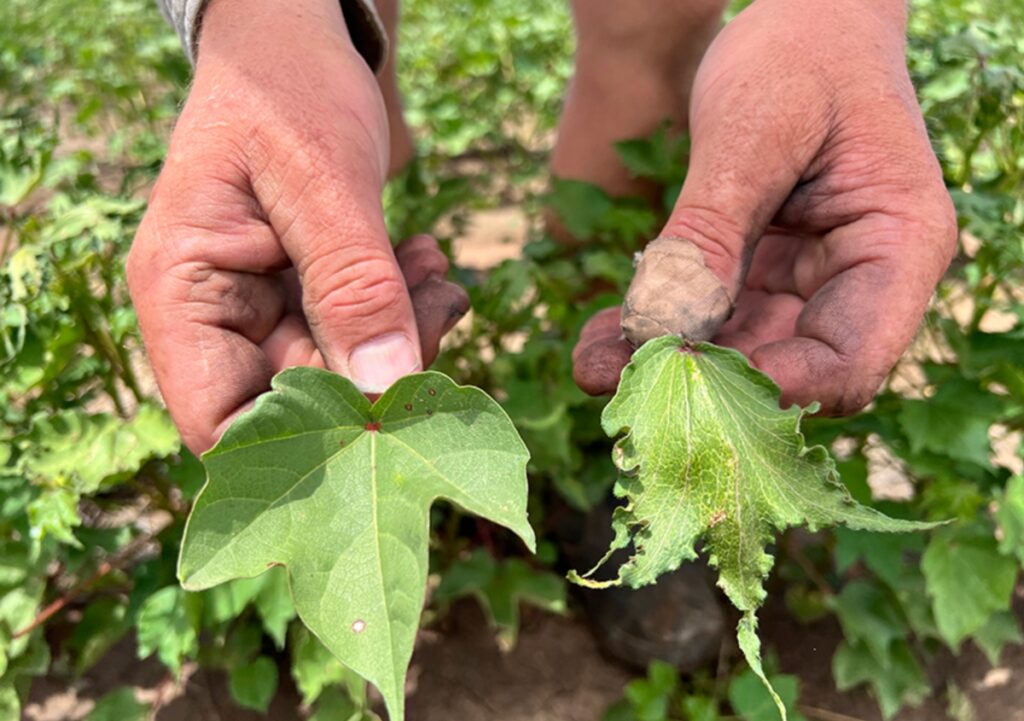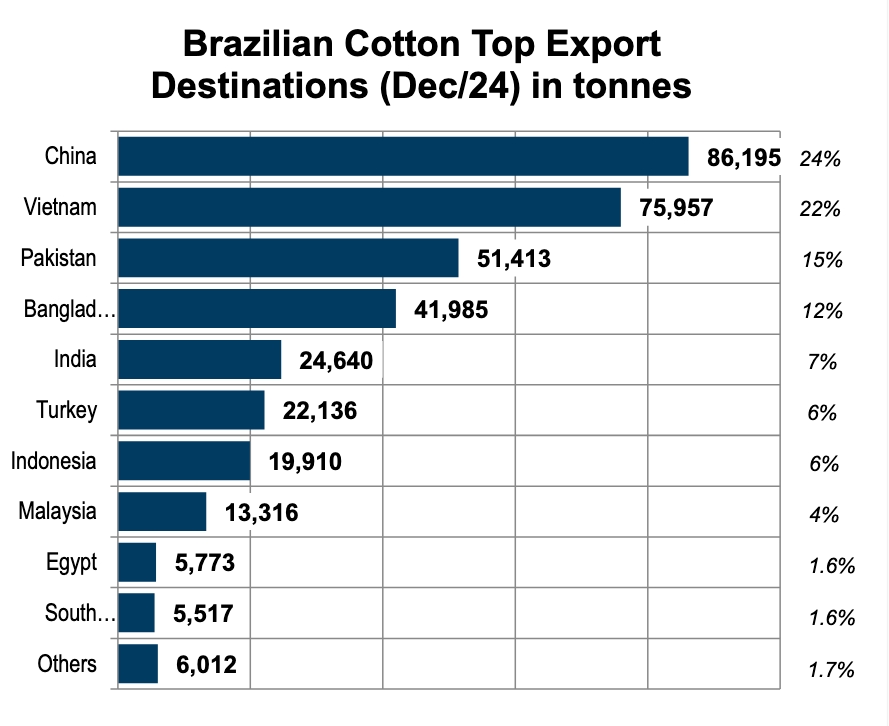Campaigners from the Rethink Plastic Alliance have penned an open letter to the European Commission urging it to include the plastics and polymers in to the forthcoming first Working Plan under the Ecodesign for Sustainable Products Regulation (ESPR).
In a letter dated 16th January, Justine Maillot, coordinator, at the Break Free From Plastic Europe & the Rethink Plastic Alliance says that plastic in products has an outsized impact on human health and the environment and notes it was included in the JRC’s (Joint Research Centre) shortlist for intermediate products.
“Yet the final text of the ESPR does not list plastics and polymers as one of the suggested sectors for intermediate product priorities. There are several reasons to include plastics and polymers, not the least because two of the three top final products identified by the JRC (textiles and tyres) would benefit from upstream ecodesign measures on plastics and polymers.
The ESPR, which entered into force on 18 July 2024, is the cornerstone of the Commission’s approach to more environmentally sustainable and circular products.
The full communique can be found HERE.








